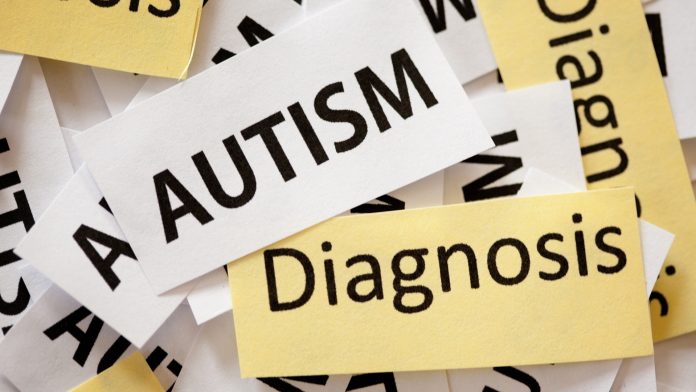
In a groundbreaking step toward enhancing treatment and care for the condition, researchers have developed the world’s first accurate screening tool for locating early signs of autism.
Pioneered by researchers at the La Trobe University in Australia, the innovative technology has been demonstrated to be highly effective and accurate at identifying early signs of autism and has already been implemented in 11 countries worldwide.
The performance of the screening technology called the Social Attention and Communication Surveillance-Revised (SACS-R) tool has been assessed over a five-year study that included more than 13,500 Victorian children, where it was shown to distinguish children on the autism spectrum accurately. Of the infants and toddlers in the study who were aged between 12 to 25 months, of those recognised as having early signs of autism, 83% went on to be diagnosed with the condition.
Moreover, when implemented jointly with a SACS-Preschool (SACS-PR) check, 96% of the children on the autism spectrum were identified by their 3.5-year health check. The team stated that their research highlighted the critical need for the SACS-R and SACS-Preschool to be implemented globally as part of regular infant health checks.
Professor Josephine Barbaro, the lead researcher on the project and an associate professor at La Trobe University’s Olga Tennison Autism Research Centre (OTARC), commented: “Parents are often told to ‘wait and see’ when raising concerns about their child’s development. This means the average age of diagnosis is around four to five, and opportunities for early support have been missed.
“Putting this extremely effective tool in the hands of a trained primary health professional, so that during their routine health checks they are also screening for autism, makes a huge difference to early diagnosis.
“Not only is SACS-R the world’s most effective screening tool, unlike many, it can be used within the community on large populations, enabling early identification of very young children across the board.”
Importance of recognising early signs of autism
Every child in Victoria who attends a routine health check at 12, 18 and 24 months is already screened using the SACS-R tool, with the Victorian Government funding state-wide training for maternal and child health nurses in 2019. Additionally, the SACS-Preschool tool can be utilised at the 3.5-year health check to enhance the effectiveness of finding early signs of autism, although there is currently no funded training for this technology in Victoria.
Professor John Dewar, the La Trobe Vice-Chancellor, said: “Early autism identification using this tool has already changed the lives of thousands of children and their families around the world. An extraordinary contribution by La Trobe’s autism experts, this new research will likely lead to even more countries adopting the tool and embedding screening programs into their health systems.”
Recognising early signs of autism is essential, as it enables earlier access to support, services, and therapies. Additionally, it enhances developmental outcomes, participation in mainstream schooling, and mitigates the support needed as children get older.
In other parts of the world, autism screening technologies are very limited and vary in accuracy; for example, the M-CHAT tool achieves an accuracy level of just 6% in a community-based population.
Screening tool performance
The team assessed the effectiveness of the SACS-R and SACS-PR tools using funds from the Autism CRC and Menzies Foundation. The tool was developed by Professor Barbaro over 15 years ago. It examines characteristics of children on the spectrum from as young as 11 months old, including infrequent or inconsistent use of:
- Gestures, like waving and pointing at objects
- Response to name being called
- Eye contact
- Imitation or copying others’ activities
- Sharing interest with others
- Pretend play
In the study, 83% of the children flagged by SACS-R for having early signs of autism later went on the have a diagnosis, which, when used in tandem with SACS-Preschool, increased to 96%. SACS-R is now implemented state-wide in Victoria and Tasmania, with training completed in New South Wales, Queensland, and South Australia. Health professionals from other parts of the world have also been trained in using the tool, including China, Singapore, Poland, Japan, New Zealand, Nepal, and Bangladesh.









